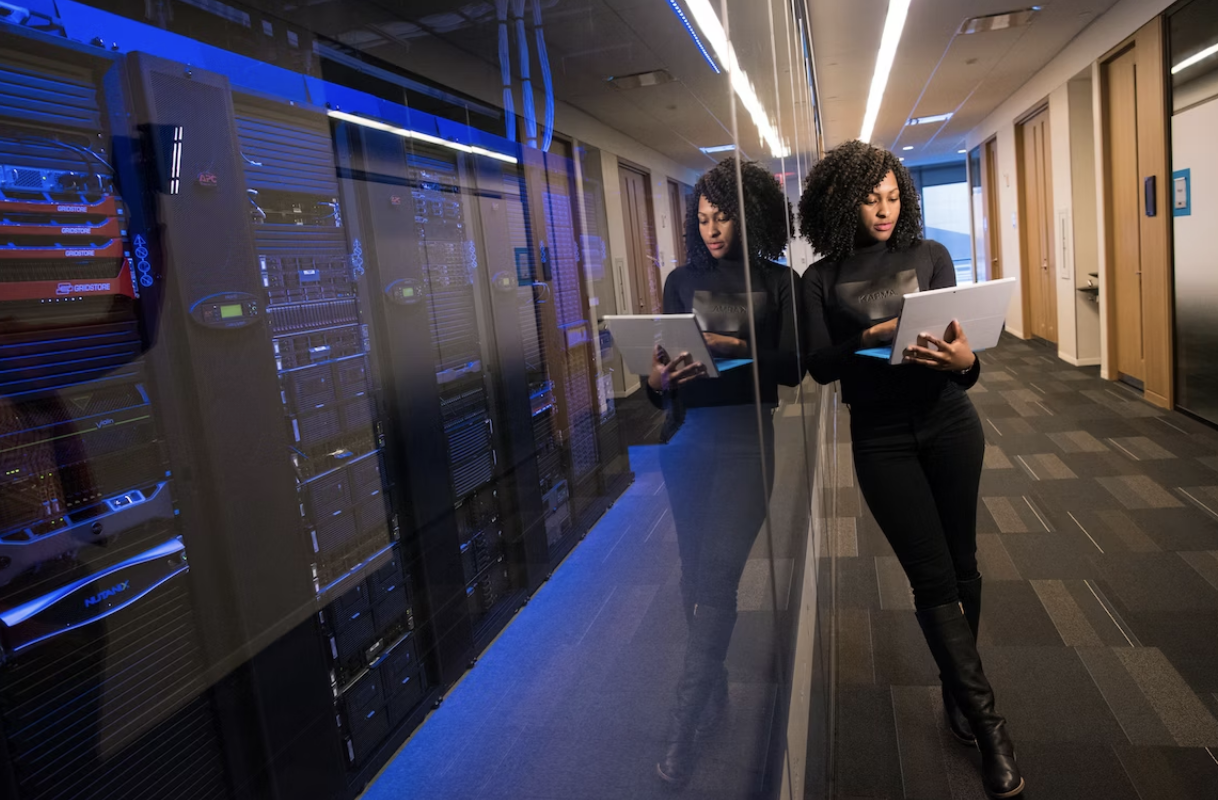Modern organizations use a lot of computers, software applications, hardware devices, and the internet to run their operations. These IT infrastructure components generate logs detailing every activity in the system. Company managers, cybersecurity professionals, and system administrators monitor these logs to detect suspicious activity and protect their organization from cyber attacks.
This can be difficult because many IT components produce logs, and it is easy for some logs to go unnoticed since they are generated in different parts of an organization’s network. This creates blind spots, but it can be solved by centralized logging.

What is Centralized Logging?
Centralized logging is the aggregation of all the logs in a system to a central location so administrators can scan them for threats and audit them to troubleshoot software problems. The centralized logs in an organization are stored on a computer or server where system administrators or company management can back up and retrieve them at will. Companies need proper centralized log management to ensure this process works as intended.
Centralized log management involves collecting, processing, storing, and analyzing log data. There are many tools for this process, each with different strengths and limitations. Business owners have to choose the one that best suits their organization’s IT infrastructure.
Limitations to Centralized Logging
Centralized logging can strain an organization’s servers because of the large volume of log data it has to store. Unfortunately, most of this data is noisy and negatively impacts observability.
Most organizations collect and store all their log data, regardless of data quality. And it costs a lot to sort them since a large part of the data is not useful. This can also be time-consuming and resource-demanding, potentially impacting core operations.
Nevertheless, keeping centralized logs is crucial to business cybersecurity efforts because it lets cybersecurity personnel quickly trace the root cause of security incidents whenever they occur. This process will be a lot more challenging if the logs are decentralized because the security personnel will have difficulty finding the affected IT infrastructure component. When they do, the incident might have escalated and become more costly to resolve.
How to Effectively Manage Centralized Logs
These are two tips that will help organizations manage their centralized logs effectively:
Prioritize useful log data
Log management is expensive, considering the amount of data that is useful. Organizations can cut this cost by regularly cleaning their data and removing the logs they do not need. This process is challenging though. It mainly involves data analysts manually combing through the logs. However, there are tools they can use to edit the configuration of their log collector to add filters that keep out unwanted logs.
Assign different teams to manage the log data
Centralized logging means putting all of an organization’s log data in one location, which can cause problems, as mentioned earlier. However, companies should have tools with access controls that give teams of data analysts and cybersecurity personnel access to specific portions of the collected data. This approach ensures that cybersecurity personnel have the necessary expertise and understanding through security awareness training to efficiently filter and monitor the designated data sections, making the log data organization and management process more effective
Endnote

Log data helps cybersecurity teams in organizations trace the source of security incidents. However, since many components of a company’s IT infrastructure generate large volumes of log data, it helps to centralize them. Centralized logs make it easier for data analysts and cybersecurity teams to scan and detect unusual or suspicious activity in a company’s network.
